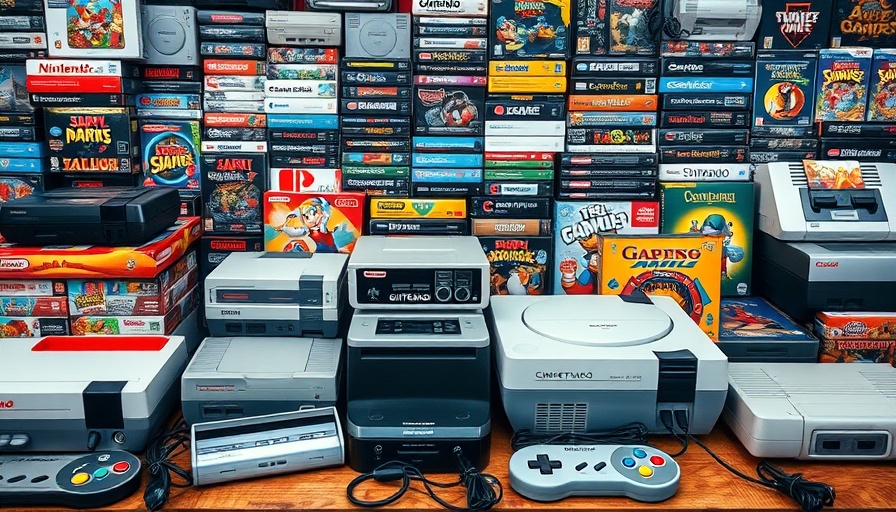
Understanding the Survey: Gaming vs. Gambling Appeal
In a recent Japanese survey, a surprising revelation surfaced: spending on video games is perceived as less attractive for potential romantic partners than gambling. This insight raises intriguing questions about cultural perceptions of entertainment and how they intersect with personal relationships.
For many, video gaming embodies a form of escapism and fun, shared often in social settings or as solo endeavors. However, the allure of gambling, with its high-stakes excitement and immediate rewards, seems to present a more appealing alternative in the eyes of those searching for romance. This prompts an exploration of why this distinction exists and what it says about contemporary dating culture in Japan.
Cultural Influences on Spending Preferences
Japanese culture places a significant emphasis on social currency and appearances, especially during the early stages of dating. Video games, often categorized as solitary activities, lack the social cachet that gambling perhaps promotes through its inherent risks and rewards. Gambling can imply confidence and adventurousness, traits that may be deemed attractive in the dating scene. The survey suggests that this perception creates a disparity where gaming falls behind gambling in desirability.
The Rising Popularity of Gambling
The growing normalization of gambling in many societies, including Japan, highlights its appeal. With the recent expansions of legal gambling venues and attractions, there is a more extensive societal acceptance cementing gambling as a common activity. This newfound acceptance contrasts significantly with video gaming, which still faces stigma as a less 'adult' pastime. The blurred lines between gaming and gambling are becoming more distinct, where the gamification of gambling strategies may attract younger audiences through similar interactive experiences.
Community and Connection: The Value of Spending Time Together
While both gaming and gambling can foster community experiences, the social environments differ fundamentally. Group gaming can serve as an excellent opportunity for bonding, however, when compared to the adrenaline-fueled excitement of betting in casinos, participants may feel they are sharing a more thrilling experience if they gamble together. The survey indicates that romantic prospects might find interactive gambling experiences more appealing due to the shared excitement associated with risk-taking.
Changing Narratives of Modern Love
In the context of modern relationships, individuals increasingly seek partners whose interests align with their lifestyle preferences. The implications of the survey suggest that gaming, often confined to the realm of home entertainment, may not resonate as strongly within the fabric of dating and romance. This disconnect prompts critical dialogue about modern love where traditional pastimes and contemporary leisure activities continue to evolve.
Conclusions: Bridging the Gap in Perception
The results of this survey lay bare the necessity to rethink how leisure activities such as gaming are perceived in a dating context. As gaming technology advances and social connectivity shifts, the potential for it to transform into a bonding experience reminiscent of gambling could reshape its social allure. Recognizing the value in shared interests is essential in bridging the gap between leisure choices and romantic attraction.
This exploration of how video game spending ranks against gambling in terms of attractiveness on the dating scene provides insight into broader cultural trends influencing romantic prospects today. As perceptions shift and evolve, so too might the dating preferences of future generations.
 Add Row
Add Row  Add
Add 




Write A Comment